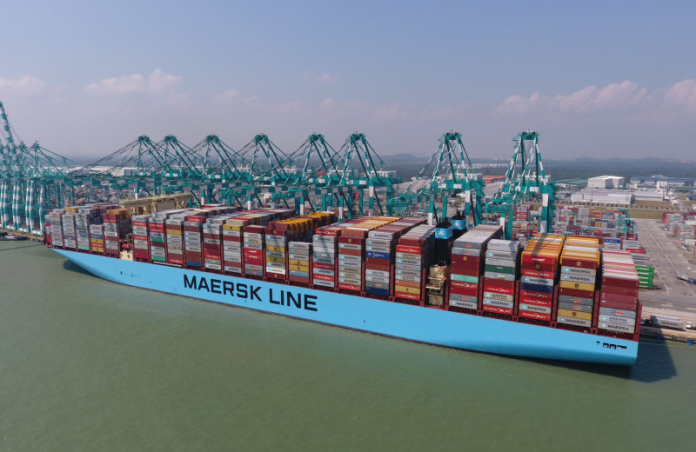Parliament passed Major Port Authorities Act 2021, Minister of State for Ports, Shipping and Waterways, Shei Mansukh Mandaviya moved the bill in Rajya Sabha which was passed yesterday, and is now waiting for president’s assent.
This act will provide autonomy to major ports in determining tariffs, their port-related services and engage with private developers they can partner with.
It will release ports from the cusp of previous centralised tariff regulatory body, TAMP (Tariff Authority for Major Ports), now ports will be governed by respective Port Authority, which can fix reference tariffs for its port services, based on market conditions.
The over control of major ports by TAMP had made major government ports less competent against new private ports, and the new Act will provide autonomy to major state-owned ports in deciding tariffs and compete in evolving market conditions.
State owned ports are also hindered lack of fixed asset creation to cut logistics and port operation costs, owing to TAMP’s over regulatory norms.
Major Port Authorities Act 2021 supersedes Major Port Trusts Act 1963, the number of sections in new Act has been reduced to 76 from previous 134, Simplifying the governance, eliminating verbosity and obsolete sections.
In the new Act, Board of Port Authority will consist of 11 to 13 members, against 19 members previously, representing all stake holders and various interests.
Provisions are also made to include members from state government in which respective ports are situated.
The Boards of Port Authority are free to enter into contracts, PPP projects, regulate tariffs based on market conditions it faces, they can also prepare their master plan for their infrastructure development.
In the new Act, CSR and development of infrastructure activities by Port Authorities is also been introduced.
Overall this Act attempts to remove several red tapes to make major state owned ports and overall port sector less regulated and more competitive in changing market conditions.


